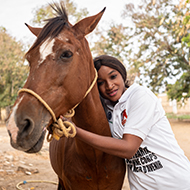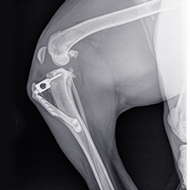Lab-grown cells used in studies of human disease may not act as a faithful mimic of real tissue.
Studies of human disease rely on the use of cell cultures
Researchers at the University of Edinburgh have discovered that cell cultures, used in biology and medical research, may not act as a faithful mimic of real tissue.
The findings could affect the interpretation of past studies and provide important clues for improving cell cultures in the future.
Studies of human disease, including cancer, rely on the use of cell cultures that have often been grown for decades.
However, research led by the MRC Human Genetics Unit at the University of Edinburgh found that cells change within one week of growth in a laboratory dish.
The analysis provides new insight into how faithfully these cells mimic real tissue, and how models of human disease can still be improved.
Study author Richard Meehan from the MRC Human Genetics Unit at the University of Edinburgh, UK, said: “We were astonished by the speed and spread of the changes. Many cultured cells used in research have been grown for decades and as a result are likely to have very different properties from the cells they are supposed to model.
"Our findings suggest that we have to be circumspect about the interpretation of some previous experiments, and our data reinforces a growing realisation that cell line models of human diseases, particularly cancer, can be poor surrogates for many aspects of in-vivo biology.”
The study, Rapid reprogramming of epigenetic and transcriptional profiles in mammalian culture systems, is published in Genome Biology.







 Birmingham Dogs Home has issued an urgent winter appeal as it faces more challenges over the Christmas period.
Birmingham Dogs Home has issued an urgent winter appeal as it faces more challenges over the Christmas period.
